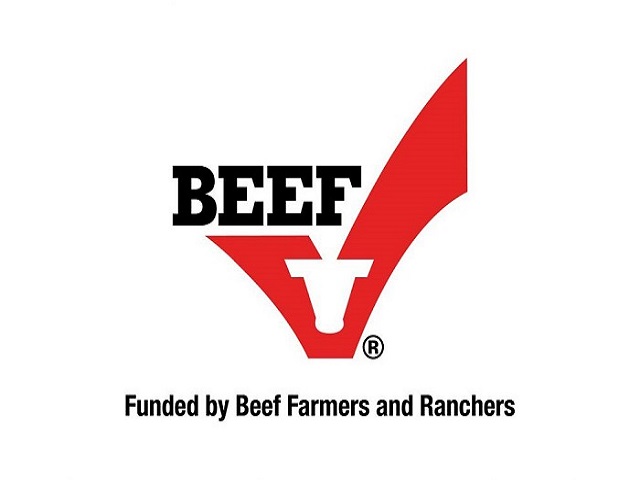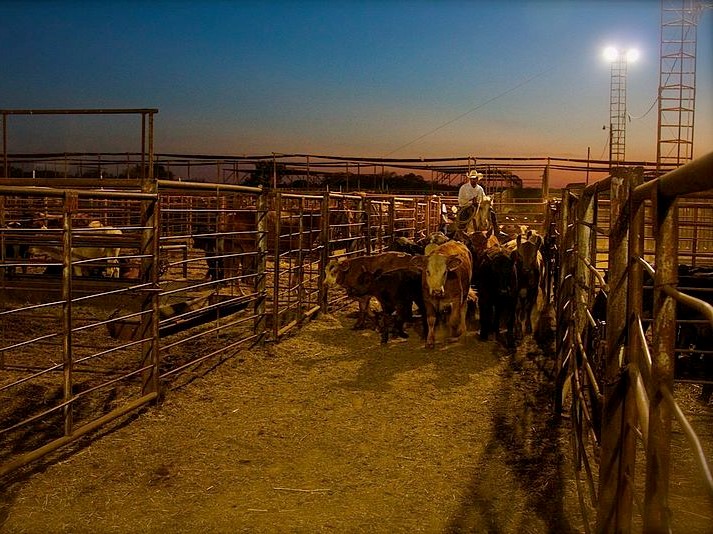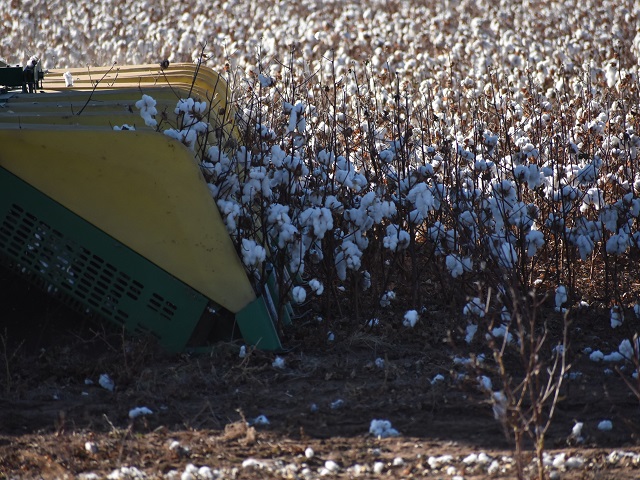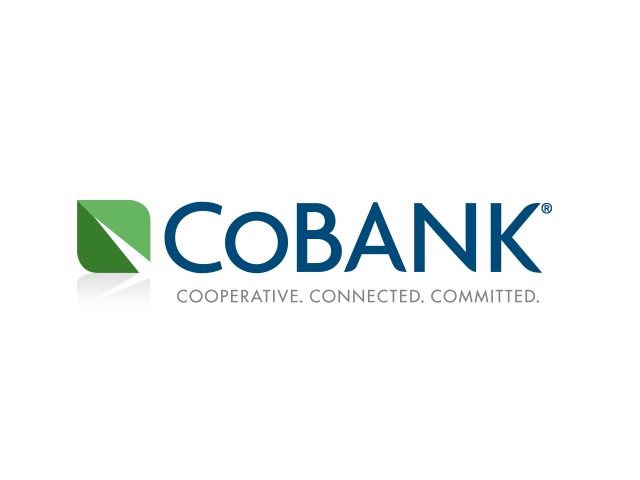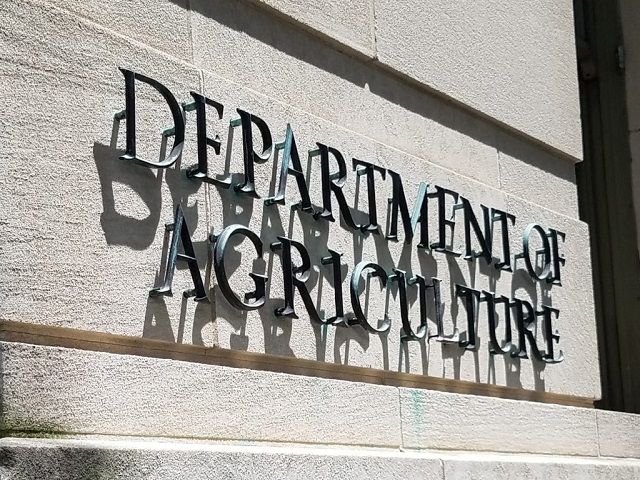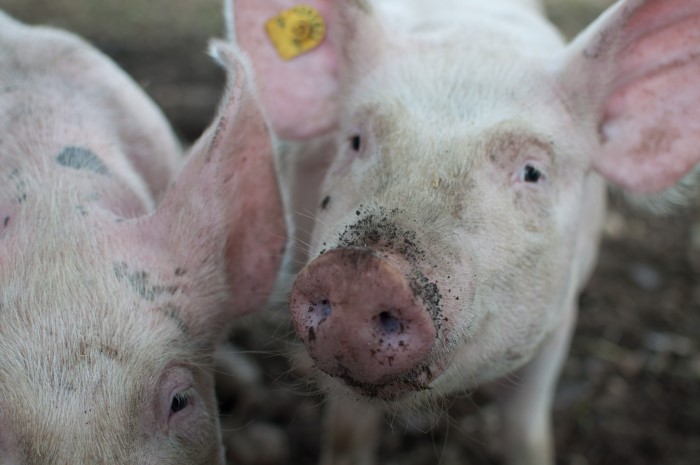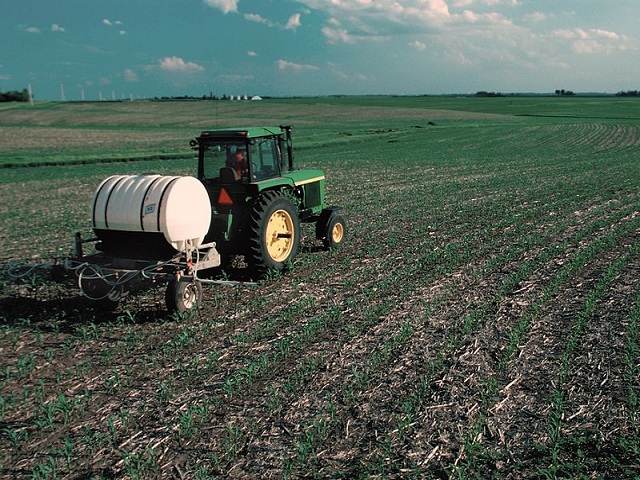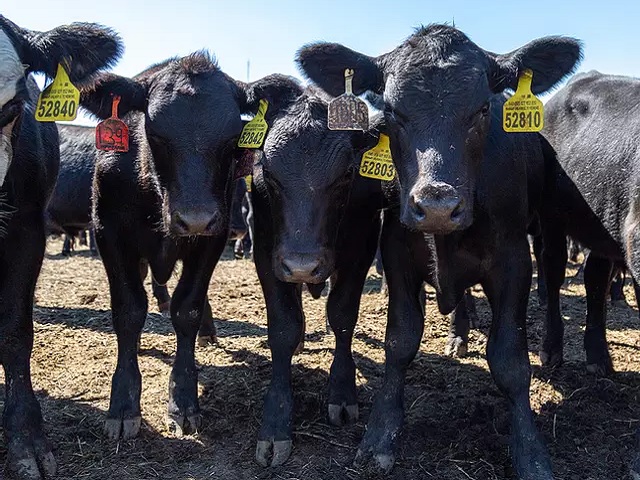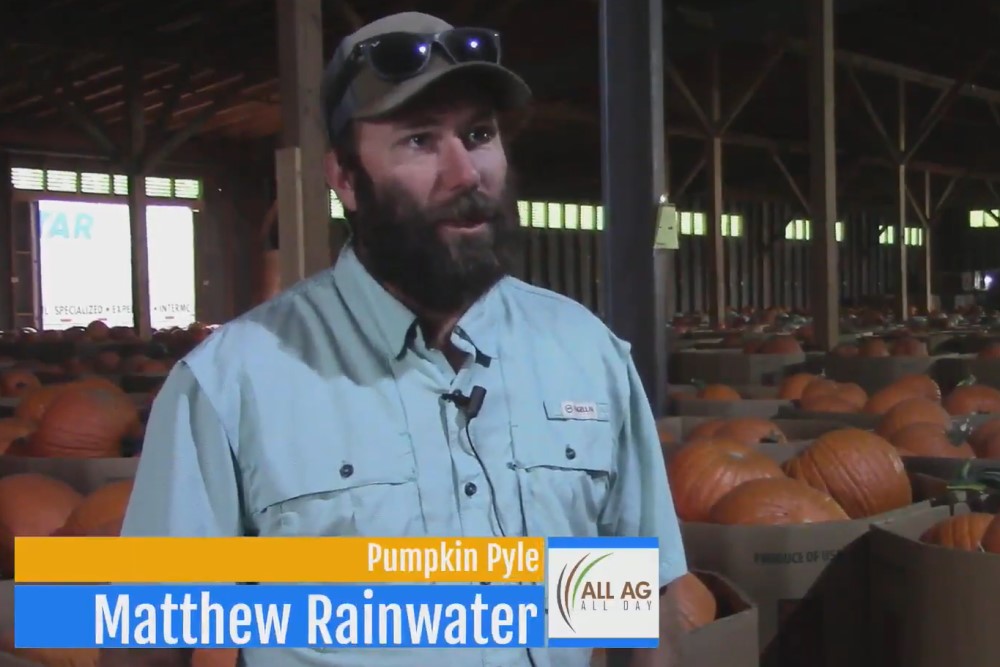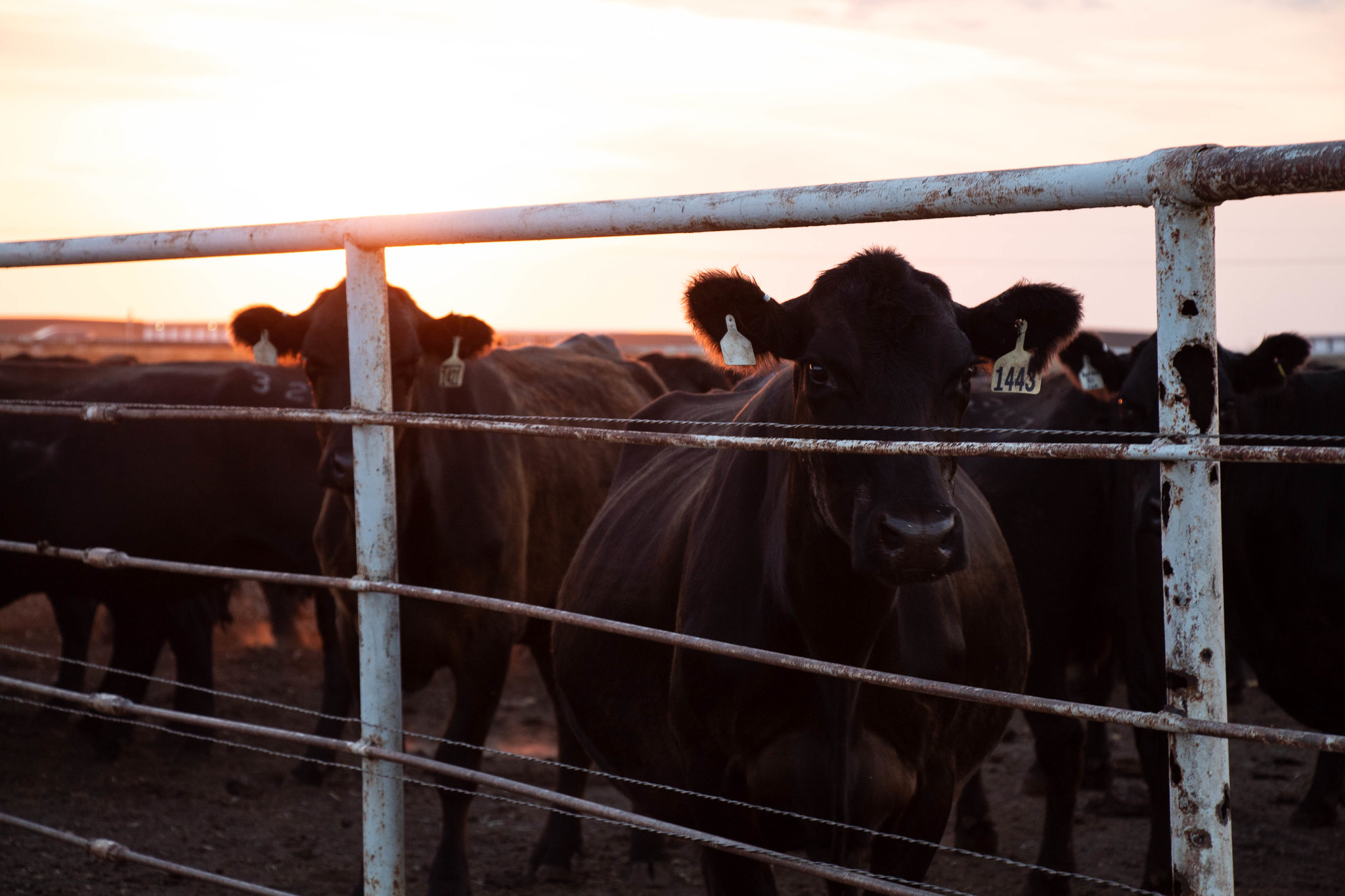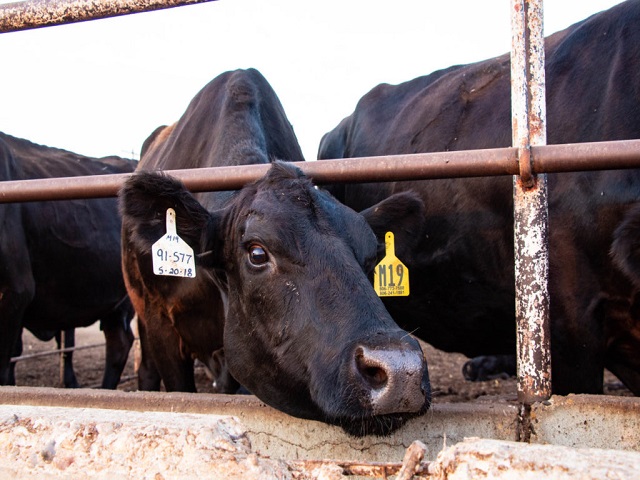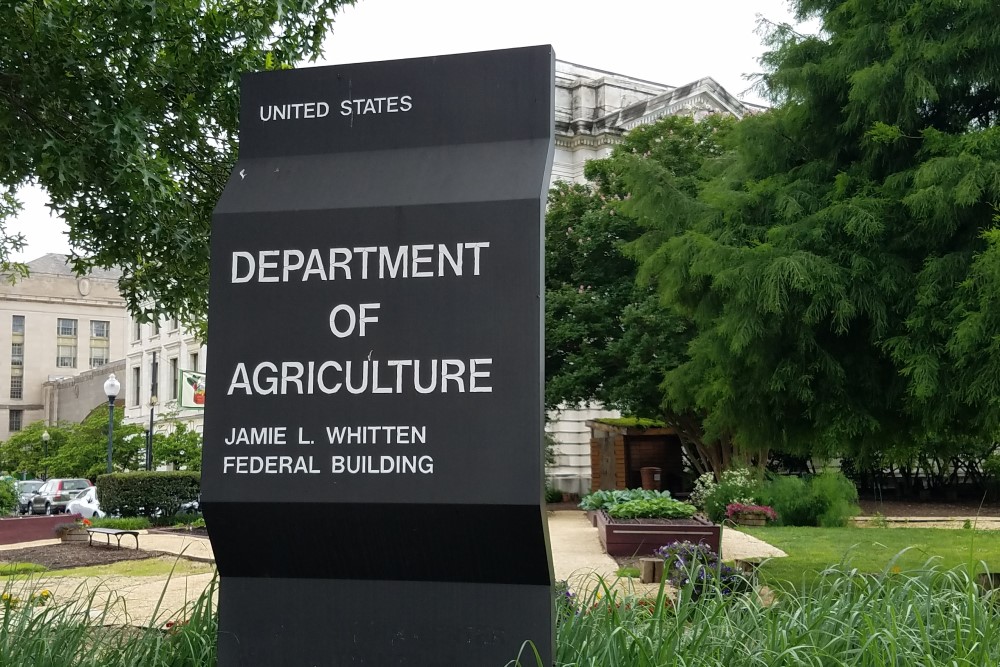Transparency The Best Approach in Answering Consumer Concerns
KANSAS CITY, MO – While many Americans fired up their grills this Memorial Day weekend, some may have found limits on meat purchases, near-empty meat cases, or no fresh meat at all at their local grocery stores. At the same time, they see headlines about pork and poultry farmers having to euthanize entire barns of animals. Such a confusing contradiction presents an opportunity for agriculture to engage with consumers on the complexities of the food chain and the emotional toll this current situation is taking on farmers, according to Terry Fleck, executive director of The Center for Food Integrity (CFI). The U.S. has 835 federally inspected livestock plants for beef and pork and nearly 3,000 federally inspected poultry plants. The system can adjust when one or two plants close. However, the impacts from COVID-19 have affected the entire system at unprecedented levels, resulting in temporary shutdowns or reduced operating capacity at many meat and poultry processing plants. This massive bottleneck has left millions of market-ready pigs and chickens with nowhere to go. Normally, processing plants harvest an average of 500,000 pigs and 24 million chickens per day. As the number of pigs and chickens unable to go to market grows day after day, so too do the animals. They literally outgrow the space that is designed specifically for their comfort and wellbeing. Helping consumers understand the supply chain disruption and impacts may seem daunting, but the key is to keep it simple and engage in the shared values of safe food and a commitment to the highest standards of animal care. ent about the realities of assuring animal wellbeing may bring a new perspective to consumers and help earn their trust, said Fleck.
(SOURCE: Center for Food Integrity)















